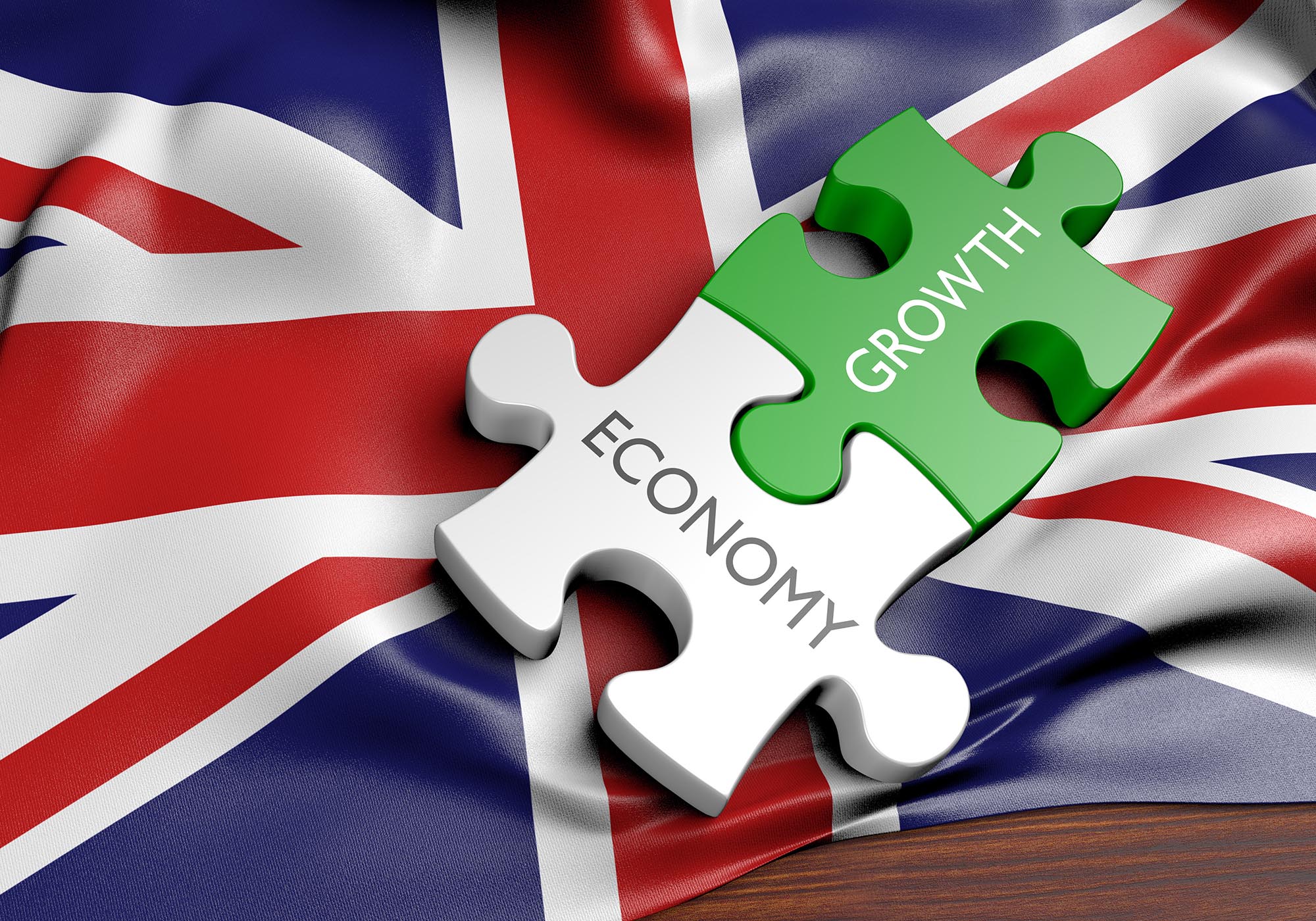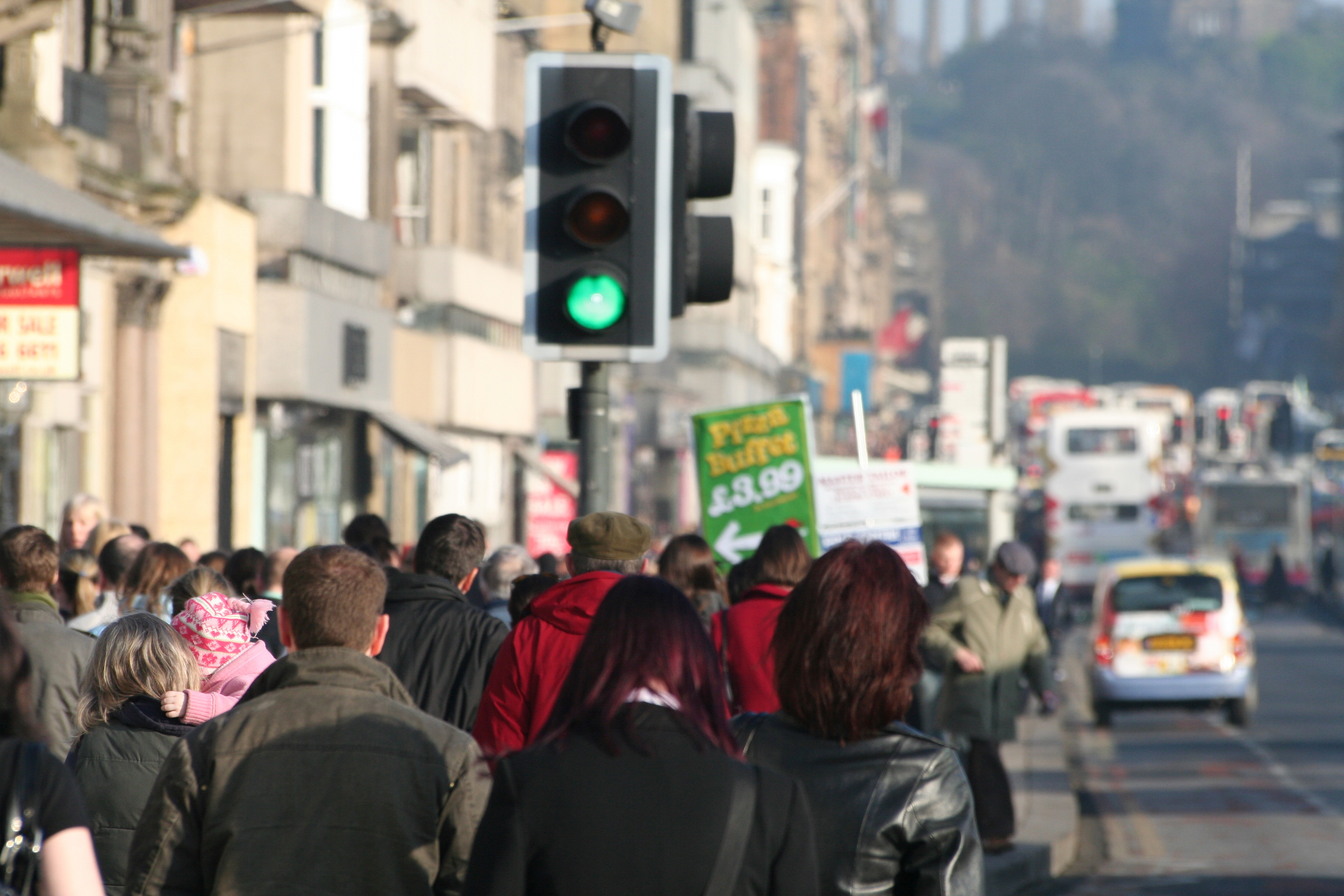Successive rate rises by the Bank of England combined with savings from the pandemic have resulted in households being £16bn better off, a think tank has said.
Yet despite the income boost from high interest rates, the money has not been evenly felt across all households, with older asset-rich households benefitting the most and mortgage holders being hit hardest.
The Bank of England (BoE) increased the base rate from 0.1% to 5.25% between December 2021 and August 2023 and, as a result, the majority of savings accounts also increased the level of interest paid.
Savings rates suffered their biggest fall in 10 years before Christmas, but despite this they was still significantly higher than these accounts had paid in the last few years.
Previously when the BoE had raised rates in the 1980s, 1990s and 2000s, household debt repayments were pushed up and wiped out any extra interest earned through savings accounts.
Yet in 2020 and 2021, the opposite happened because people were forced to stay in during the Covid pandemic lockdowns, and this resulted in many people putting away extra money.
The impact of raising rates has seen a rise of £34bn to savings income and at the same time an £18bn rise in debt interest costs, resulting in a net boost of £16bn.
It was reported yesterday that consumer credit levels jumped to their highest levels seen since 2017 before Christmas.
Changing mortgage habits
Another reason for the income boost, according to the Resolution Foundation, is the trend for homeowners to take out fixed-rate mortgages instead of variable-rate mortgages.
The most popular mortgage products are now fixed rate deals and five-year fixes, instead of variable and two-year fixes.
This means that many homeowners are yet to feel the impact of higher interest rates in their mortgage costs. The think tank said 37% of homeowners that had a mortgage in 2021 when the BoE started raising rates have yet to see a fixed-rate deal end.
Income boost not felt evenly
The £16bn income boost has not been felt evenly across all households and it is older people who have benefitted the most.
Someone aged between 65 and 74 has three times as much money in interest-paying savings accounts than a person aged between 35 and 44, according to the think tank.
It also said that the income boost could be “almost completely unwound by the end of 2024” as household debts continue to rise.
By the end of the year, another 1.5m mortgage holders will see their bills rise by £1,800 on average when their fixed-rate deals end. Falling savings rates following an end to the BoE’s rate rises will also see household incomes fall.
‘A fresh living standards challenge’
Simon Pittaway, senior economist at the Resolution Foundation, said: “When interest rates rose in the 80s, 90s and 2000s, household incomes tended to fall directly, with interest payments on debt rising by more than extra income from savings.
“But changes to the UK mortgage market and enforced saving during the pandemic have meant that the Bank’s latest rate-raising cycle has actually boosted household incomes by £16bn.
“The impact of the unlikely income boost has been very uneven – older, asset-rich households have gained the most, while younger mortgagor households have been hit hard.
“And while rising rates have boosted incomes over the past two years, they are likely to reduce them in the year ahead – presenting a fresh living standards challenge in an election year.”





